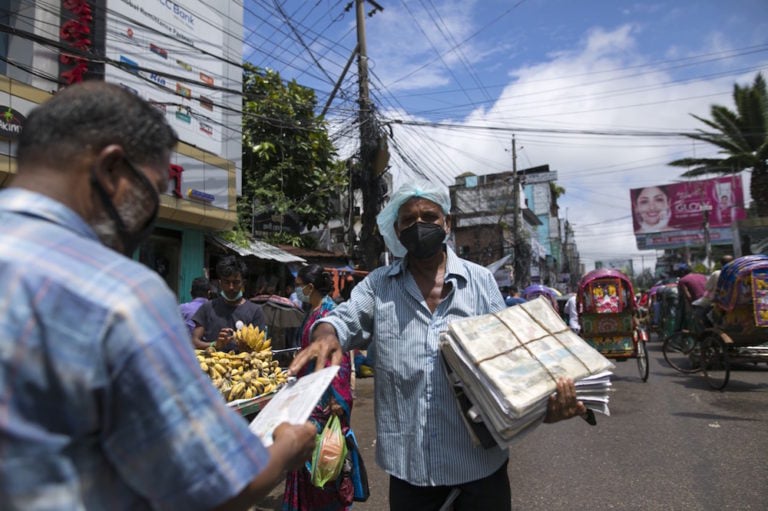
Bangladesh: Journalist fatally stabbed for exposing crimes
Elias Mia, a correspondent for the “Daily Bijoy”, was hacked to death for allegedly exposing a criminal nexus in gas line distribution.
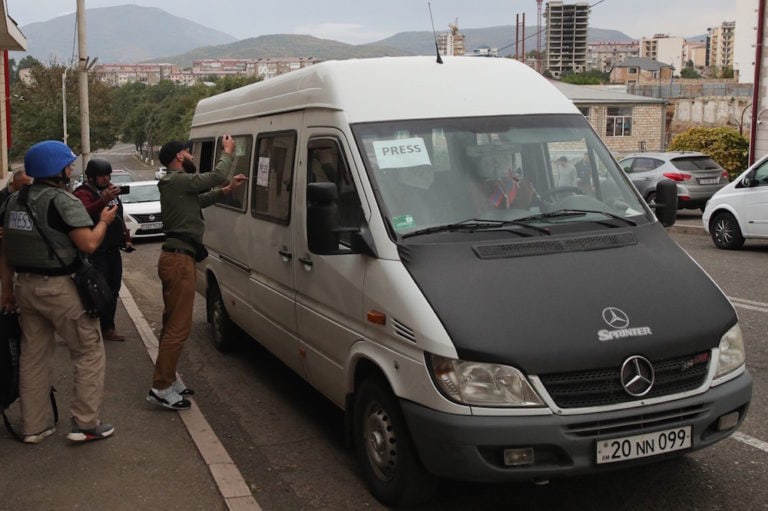
Armenia: Martial law undermines press freedom
The recently amended martial law prohibits the publication of reports criticising the actions of the government, officials and local bodies. It also gives increased power to the police to hand out fines, freeze assets and request removal of content from media outlets.
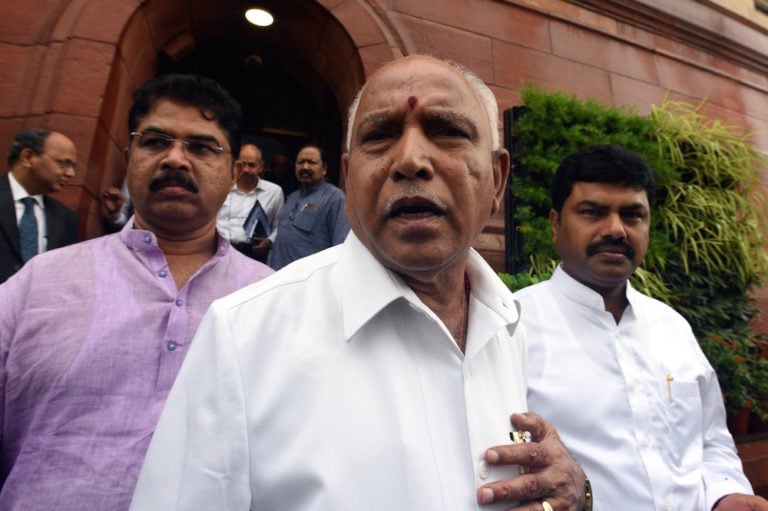
India: Karnataka government forcibly shuts down Power TV
The government in Karnataka, India has ordered the shutdown of Power TV after it aired reports on corruption allegations against the chief minister and his family. The order could affect the jobs of 250 employees.
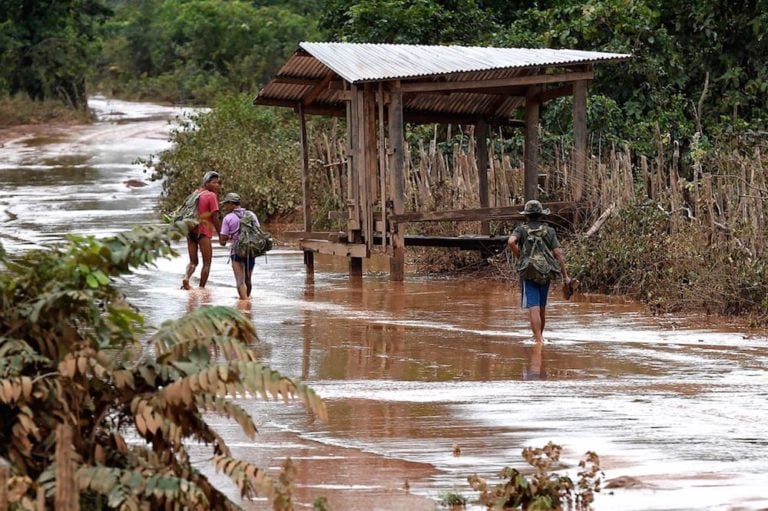
Laos: Activists and rights groups demand release of blogger Mouay
Lao blogger Houayheuang Xayabouly, known by her nickname Mouay, has been detained since 2019 and is serving a 5-year prison sentence for criticizing the government’s response to a flooding disaster.

Indonesia: Disturbing series of assaults on journalists
The International Federation of Journalists and the Alliance of Independent Journalists expressed concern over reports that several local journalists were harassed and attacked across Indonesia.
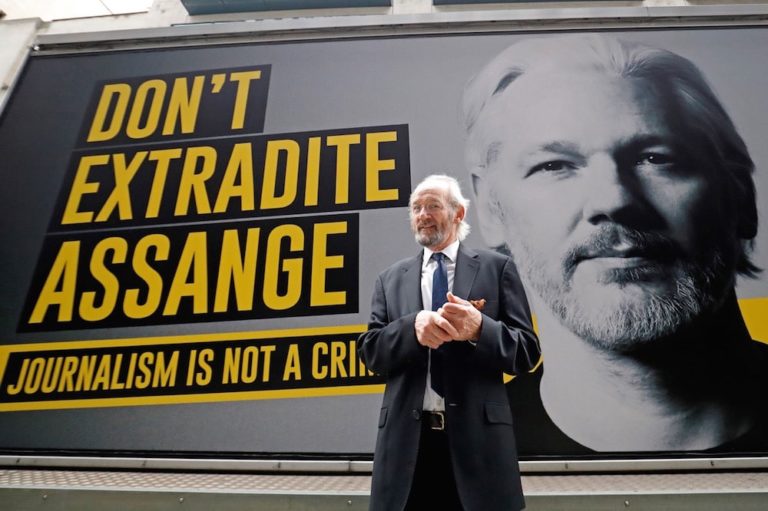
If extradited to the US Julian Assange faces 175 years in jail
“If you criminalise news gathering, you are criminalising journalism. It is a moral duty for journalists to protect sources. Many have gone to jail to protect that principle.”
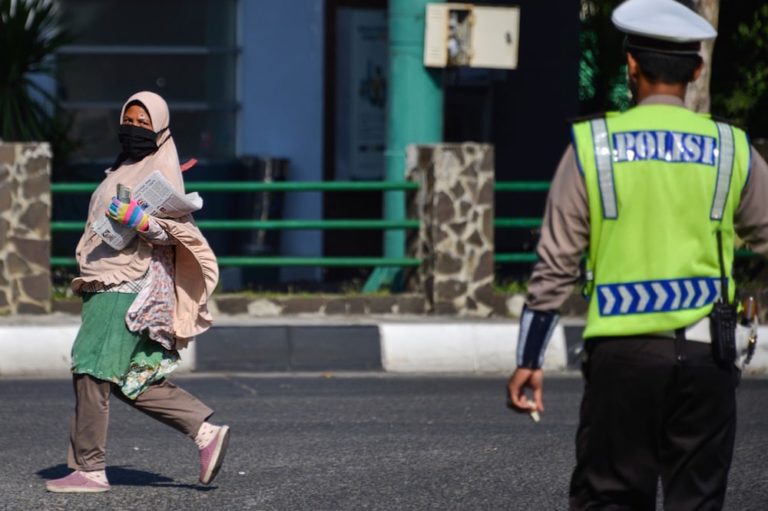
Indonesia: Media organisations targeted in digital attacks for COVID-19 reporting
At least four media organisations have been targeted in digital attacks for publishing critical stories about the government’s COVID-19 response.
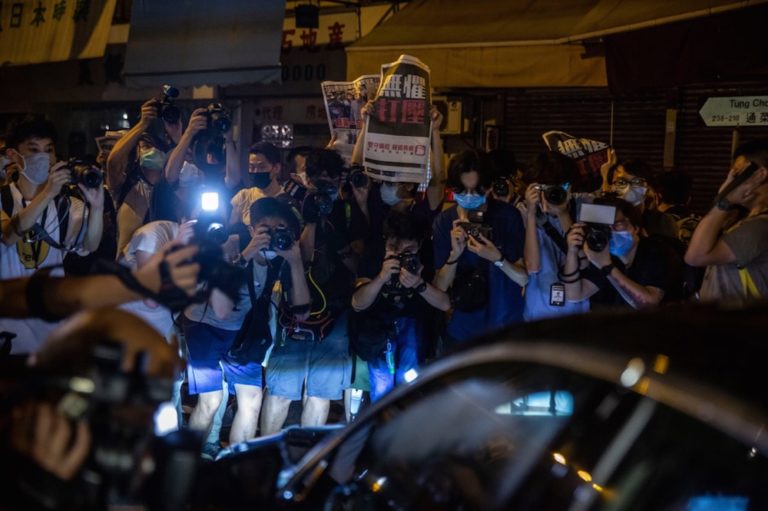
Joint statement: The decline of press freedom in Hong Kong
Hong Kong has wasted little time in curbing its citizens’ liberties by using the new security law to curtail peaceful speech and protests and arrest critics. This was evidenced last week by the arrest of prominent Hong Kong media owner Jimmy Lai, along with other journalists and activists, as well as sanctions against at least 11 Americans.
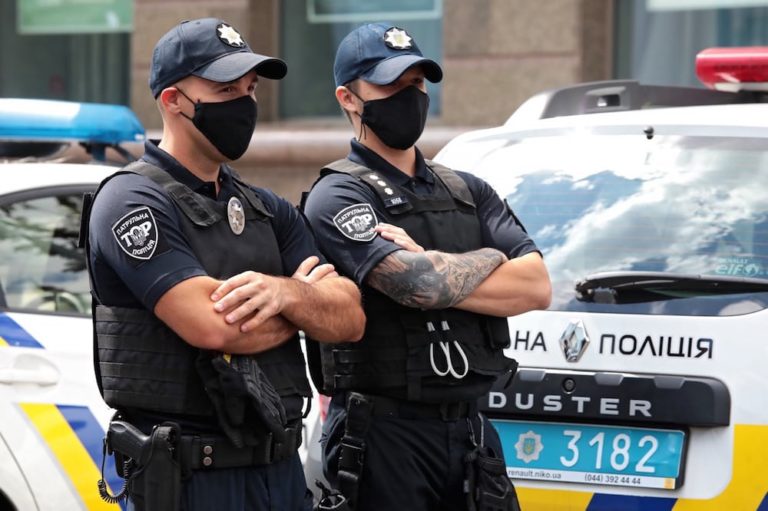
Arson attack highlights pressures on journalists in Ukraine
On 17 August, a car belonging to a Radio Free Europe/Radio Liberty team was set on fire. Police found an explosive substance on the wreck of the car, which was completely destroyed.
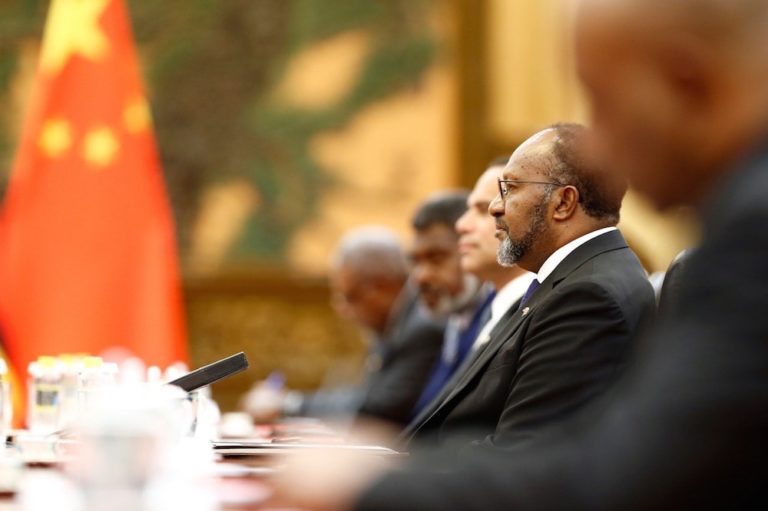
Melanesia: New report highlights increasingly hostile media environment
A new report published by the “Pacific Journalism Review” highlights threats against media freedom in the Melanesia region, particularly in Vanuatu, Fiji, Papua New Guinea, and West Papua.
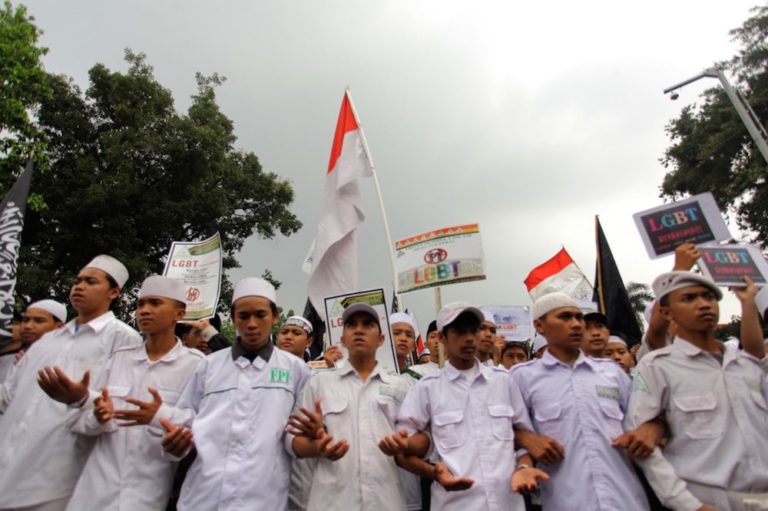
Indonesia: YouTube censors live stream on homophobia and religion
The live webinar ‘Exploring non-homophobic religions’ was interrupted on 24 June after users reported the webinar for breaching community guidelines. Many are asking if it reflects an algorithm bias against LGBTQI+ content or whether it was initiated by conservative groups in Indonesia.
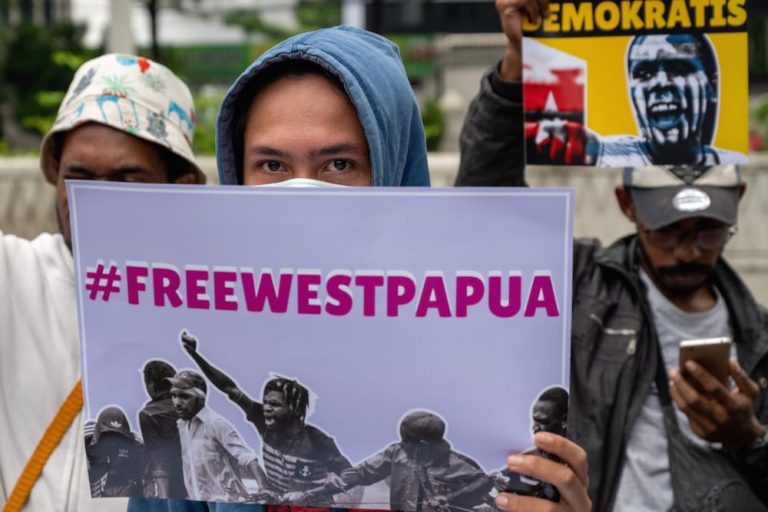
Indonesia: Court finds internet ban in Papua and West Papua violates the law
The internet in Papua and West Papua was blocked during anti-racism protests in August and September 2019. Several groups including IFEX member the Alliance of Independent Journalists challenged the ban in November.
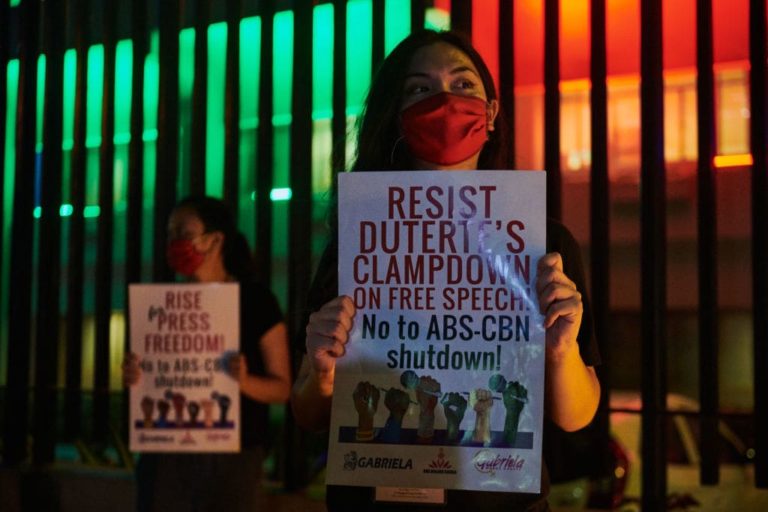
Independent journalism and access to information threatened in the Philippines with the closure of ABS-CBN
Advocates of free press and expression call on the Philippines government to respect the public’s right to know and denounce the stifling of ABS-CBN, one of the largest media groups in the country.
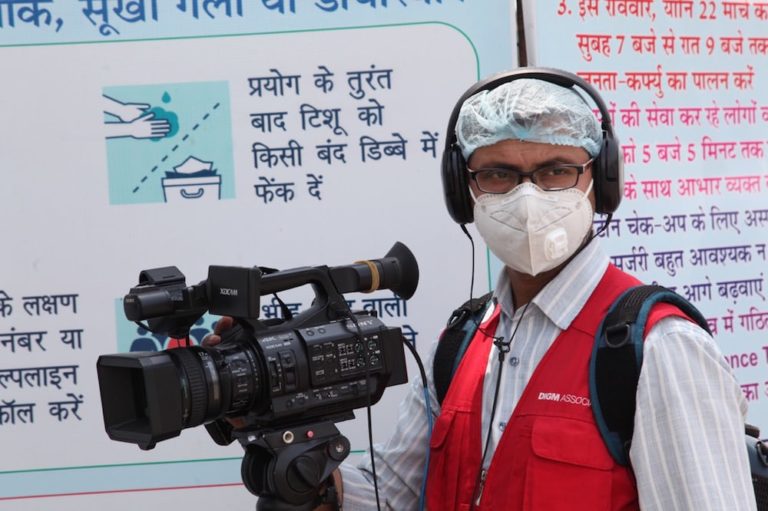
States of control: Covid, cuts and impunity in South Asia
The South Asia press freedom report recorded 219 violations against the media in Afghanistan, Bangladesh, Bhutan, India, Maldives, Nepal, Pakistan and Sri Lanka.
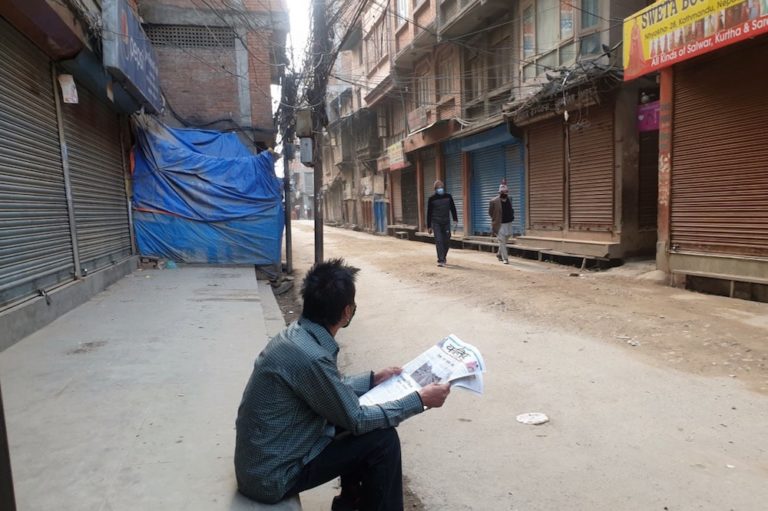
Nepal: Media rights violations go unabated amid the COVID-19 lockdown
Since 24 March, three journalists have received threats, two reprimanded, and six journalists barred from reporting according to the monitoring of the Federation of Nepali Journalists.
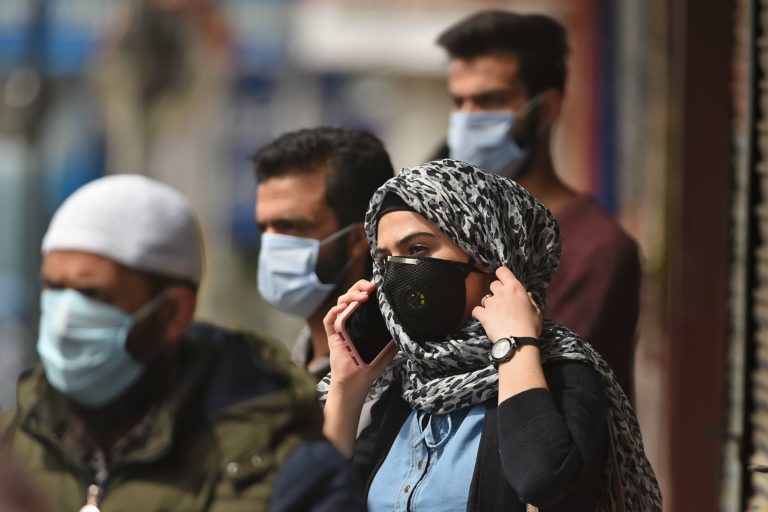
Eight months and counting: the world’s longest communications shutdown in Kashmir must end
April 5 will be 245 days since 4G mobile internet was suspended in Indian-administered Jammu and Kashmir, causing immense hardship and disruption of civilian life as well as violating the public’s right to access information.